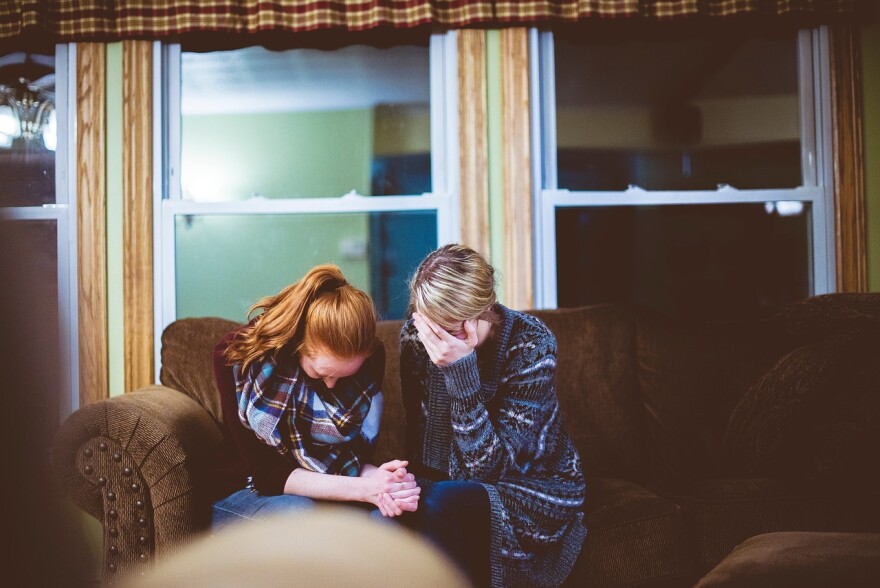The holiday season often brings a festive time full of cheer and warmth. But for some Alabamians, this can be a time of grief. Significant losses such as the death of a loved one, divorce, job loss or major life changes could all be factors.
Yusen Zhai, Ph.D., director of the University of Alabama at Birmingham Community Counseling Clinic, tells UAB News that grief is an inevitable, multifaceted experience for individuals facing loss and offers insights into understanding and coping with grief. There are many types of grief, some of which are:
- Anticipatory grief may occur when someone receives a diagnosis and their wellness or health starts to decline
- Disenfranchised grief can be caused when someone experiences grief due to a loss, but it is not recognized by others
- Cumulative grief may develop when multiple losses are experienced in a brief period
- Traumatic grief happens mostly when there is a sudden, unexpected loss
According to Zhai, while these types offer a framework for understanding common grief experiences, categorizing grief may oversimplify its complex nature.
“For mental health professionals, categorizing grief helps identify potentially problematic responses and guides treatment approaches,” Zhai said. “However, classifying grief can create unrealistic expectations about how grief is ‘supposed’ to progress and risks medicalizing normal grief responses.”
Zhai tells UAB News that it is important to acknowledge and accept emotions without judgment and recommends the following ways to cope with grief:
- Feel: Remember that every emotion is valid and serves a purpose in the healing journey. Emotions can vary, ranging from sadness and anger to guilt or relief. Instead of suppressing them or labeling them as “wrong,” acknowledge them.
- Journal: Writing down feelings allows thoughts to flow without censorship and can be helpful to process emotions.
- Prioritize physical health: Physical well-being is closely linked to emotional health. Making conscious choices about eating, prioritizing sleep by establishing a restful nighttime routine and incorporating exercise into life can build mental and emotional resilience.
- Exercise: Physical activity can naturally boost mood and energy levels, even if it is just a walk around the block.
- Connect: Sometimes just knowing that one is not alone can lighten the emotional load. Connecting with others and reaching out to friends or family members who are good listeners or joining a support group can provide comfort and a sense of belonging during difficult times.
- Indulge in meaningful activities: Finding purpose through hobbies or volunteer work provides a sense of fulfillment by connecting people to something larger than themselves. Thinking about activities that bring joy such as painting, gardening or helping at a local shelter can help mitigate grief.
“If grief persists to a level that it is interfering with the daily functioning of an individual, I advise seeking professional support from a mental health counselor who can provide tailored services,” Zhai said.
Zhai also advises to offer practical support to grief-stricken individuals by assisting them with daily tasks, running errands for them and gently encouraging them to seek professional help. Learn more here.


